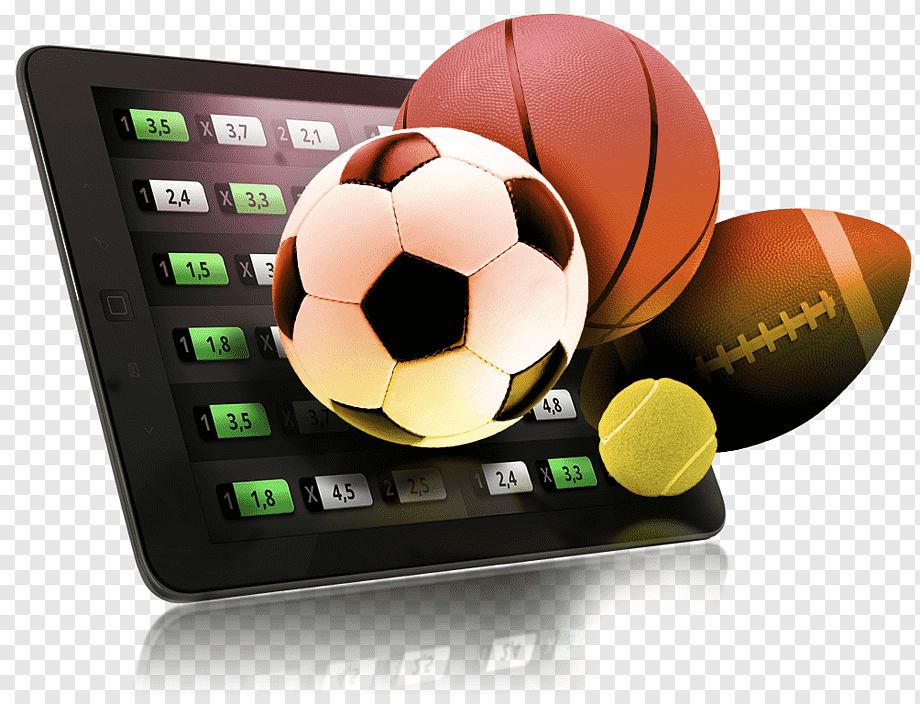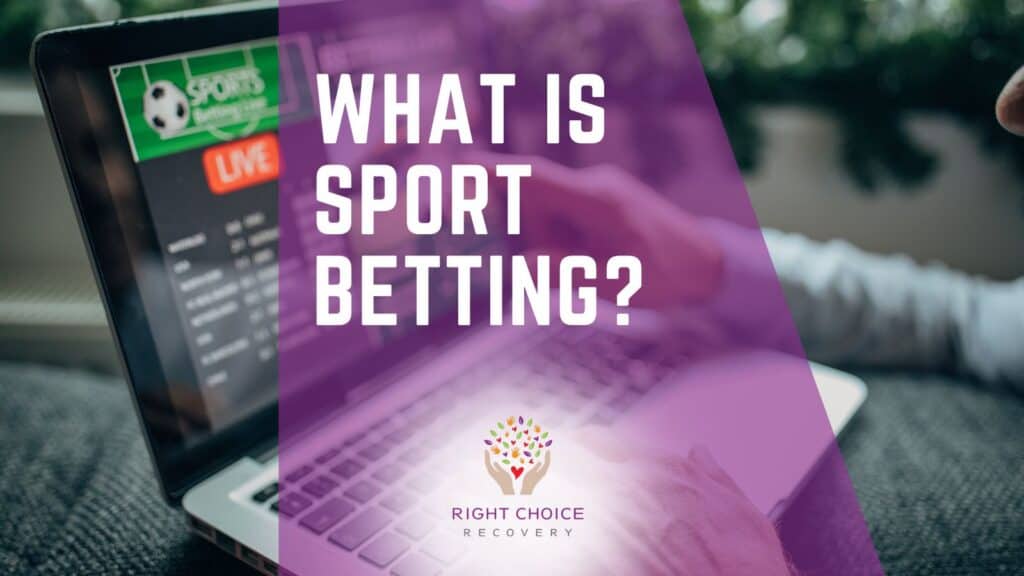
Exploring the Future: Real Money Games With Blockchain Integration
The gaming industry has seen remarkable transformations over the past few years, with technological advances leading to improved user experiences and new opportunities for players and developers alike. One of the most impactful developments in this realm is the integration of blockchain technology into real money games. These innovations promise not only to enhance security and transparency but also to redefine how players interact with games and each other. In this article, we will explore the features, benefits, and future of real money games with blockchain integration, including a review of platforms like the Real Money Games With Blockchain Integration 4rabet app.
The Basics of Real Money Games
Real money games encompass a range of online gaming experiences where players bet actual currency for the chance to win real cash prizes. This category includes online casinos, sportsbook betting, poker rooms, and even competitive gaming. The ability to pay and win in real money provides an exhilarating experience for players, but it also raises concerns about security, fairness, and transparency.
What is Blockchain Technology?
Blockchain is a decentralized digital ledger technology that records transactions across multiple computers. This means that once data has been recorded, it cannot be altered without the consensus of the network, ensuring that transactions are immutable and verifiable. This core feature of blockchain provides significant advantages when applied to real money games, where trust and integrity are paramount.
Enhancing Security
One of the most pressing concerns in the online gaming industry is the security of financial transactions and the integrity of games. Traditional platforms may be vulnerable to hacking, fraud, and data breaches. Blockchain technology significantly enhances security by encrypting transactions and requiring cryptographic signatures, making it exceedingly difficult for unauthorized parties to intervene.

Furthermore, player funds are often stored in smart contracts on the blockchain, which can ensure that winnings are automatically paid out according to the rules set within the contract. This reduced reliance on central entities eliminates many risks associated with traditional payment processing.
Transparency and Fairness
The transparency offered by blockchain is another integral benefit for players engaging with real money games. Each transaction and game process can be verified on the blockchain, allowing players to audit results themselves. This transparency not only builds trust between players and operators but also helps to ensure that games are fair and that odds are correctly calculated.
Moreover, many blockchain-based games utilize “provably fair” algorithms that allow players to verify that results are random and not manipulated. This is a significant leap from traditional gaming systems where players often rely on the operator’s word regarding fairness.
Cryptocurrency Integration
Blockchain integration typically includes the ability to use cryptocurrencies for transactions. This feature allows players to deposit, wager, and withdraw funds in various cryptocurrencies like Bitcoin, Ethereum, and others. The ability to use crypto not only provides players with more options but also can lead to faster transactions compared to traditional banking methods, which often involve lengthy processing times.
Additionally, the integration of cryptocurrency reduces transaction fees, making it more cost-effective for players to engage in real money gaming. This shift toward digital currencies can open up new markets and attract a wider audience, particularly younger gamers who are more comfortable with digital assets.
Community Engagement and P2P Interactions

Blockchain technology fosters community engagement by enabling peer-to-peer (P2P) interactions among players. Smart contracts can facilitate P2P betting and gaming, allowing players to create their own games or betting systems without the need for a central authority. This model not only promotes a more democratic gaming environment but also empowers players to establish their own rules and incentives.
Furthermore, community-driven gaming experiences often result in innovative game concepts that reflect the desires and feedback of players, leading to a more dynamic and engaging gaming environment.
Challenges Ahead
While the integration of blockchain technology into real money games presents numerous advantages, there are also challenges that developers and players must consider. Regulatory hurdles can pose significant obstacles, as different jurisdictions have varying attitudes toward gambling and cryptocurrency.
Moreover, the user experience can be complex for those unfamiliar with blockchain and cryptocurrencies. Developers need to strike a balance between harnessing the power of blockchain and creating an intuitive and user-friendly interface to appeal to a broader audience.
Conclusion: The Future of Real Money Games with Blockchain
As the gaming industry continues to evolve, the integration of blockchain technology into real money games is poised to reshape the landscape. With enhanced security, transparency, and innovative P2P interactions, players can enjoy a safer and more engaging gaming experience. Platforms that successfully leverage these benefits, such as those utilizing the 4rabet app, will likely lead the way in attracting new audiences and setting standards for the future of online gaming.
While challenges remain, the potential for blockchain to revolutionize real money games is immense. As players demand better experiences and as technology continues to advance, we can expect to see a growing integration of blockchain solutions across the gaming industry, setting the stage for an exciting new era of gaming innovation.